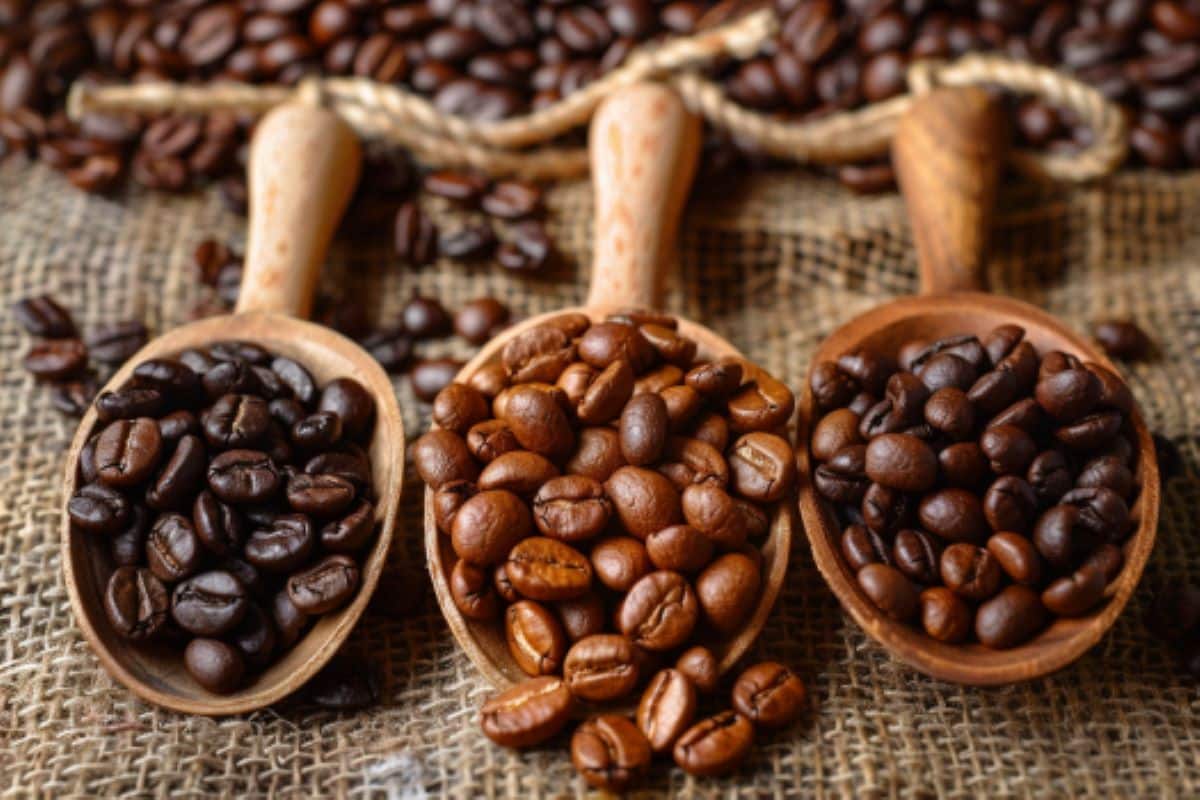I'm doing a 12 cup pot of coffee a day to lessen my chance of dementia and Parkinsons. Tell me EXACTLY how much coffee to drink for that and I'll change.
I think I'm in this category: I never get the jitters or flushed skin.
Genetics determine how much coffee you can drink before it goes wrong
Coffee May Lower Your Risk of Dementia Feb. 2013
And this: Coffee's Phenylindanes Fight Alzheimer's Plaque December 2018
How coffee protects against Parkinson’s Aug. 2014
Benefits Aren't Just From Caffeine December 2018
With your risk of Parkinsons post stroke, your competent doctor should be ready with EXACT AMOUNTS TO CONSUME! Or don't you have a competent doctor?
Parkinson’s Disease May Have Link to Stroke March 2017
The latest here:
Caffeine’s Double-Edged Sword: Boosting Energy or Risking Health?
Summary: The caffeinated beverage industry continues to thrive, with the coffee sector alone generating significant economic activity. Yet, despite its popularity for boosting alertness and physical performance, caffeine, a powerful stimulant, can lead to dependence and exacerbate health issues.
A new study highlights the importance of moderation, noting caffeine’s similarities to stronger stimulants and its effects on the central nervous system. With the FDA recommending a limit of 400 milligrams per day, understanding caffeine’s impact is crucial for both consumers and providers of caffeinated products.
Key Facts:
- Economic Impact: The coffee industry employed 2.2 million people and generated over $100 billion in wages in 2022.
- Health Implications: While caffeine can enhance focus and physical performance, excessive intake can induce anxiety, insomnia, and complicate existing health conditions.
- Legal Concerns: The risks associated with high caffeine intake have led to severe health incidents and legal actions, such as the lawsuits faced by Panera Bread over their highly caffeinated drinks.
Source: Texas A&M
Whether it’s brewing a cup of coffee at home, ordering a specialty $6 latte from a local coffee shop or cracking open a Red Bull on the way to the gym, the consensus is clear: The prevalence of the caffeinated beverage industry continues to grow.
According to the National Coffee Association’s Coffee Impact Report, the coffee industry employed 2.2 million people and generated more than $100 billion in wages in 2022.
Caffeine—most commonly found in and associated with coffee, black and green teas, energy drinks and some dietary supplements—is ingested with the goals of increasing energy levels and boosting alertness along with motivation.
However, regularly ingesting high amounts of caffeine has the potential to develop into a dependence and can induce feelings of anxiety as well as insomnia while also exacerbating some mental illness symptoms.

No comments:
Post a Comment